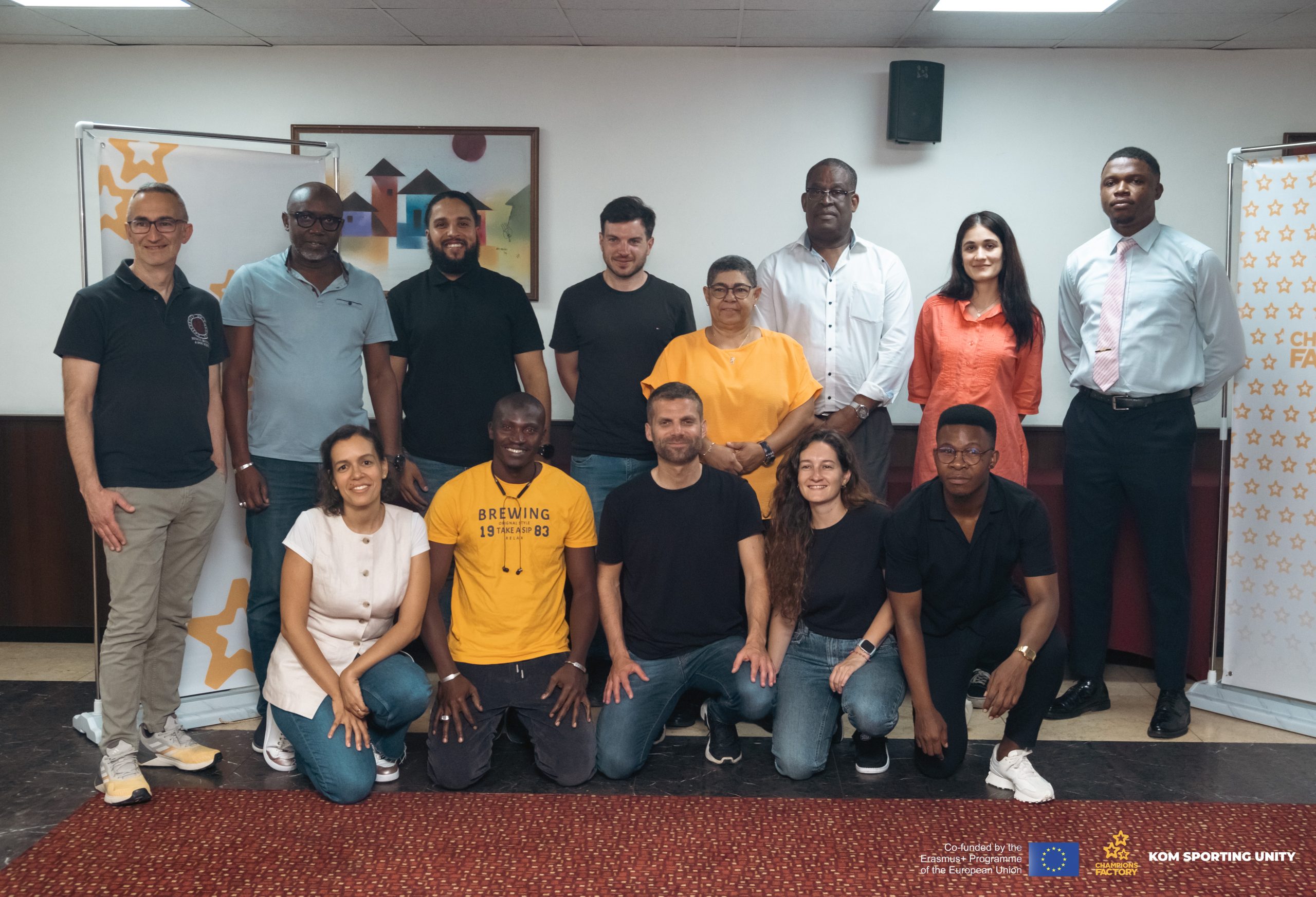In an increasingly interconnected world, the values of inclusion, tolerance, and mutual respect are more important than ever. With communities across the globe facing the persistent challenges of exclusion, xenophobia, and historical division, sport emerges as a powerful unifying force. South Africa’s SayPro (SayPro Youth Development Agency) is taking a proactive step in this direction through its new project, Sporting Unity, funded by Erasmus+.
SayPro has partnered with six esteemed organizations from across Europe and Africa: Al2Sport (Italy), ACOLOP (Portugal), AJA NGO FAR (Senegal), Champions Factory (Ghana), the Cape Verde Olympic Committee (Cabo Verde), and the University of Thessaly (Greece). Together, these partners are working to foster intercultural understanding and promote Olympic values as tools for social inclusion and education.
A Common Goal through Olympic Values
At the heart of Sporting Unity is the mission to use the universal language of sport—particularly the ideals of the Olympic Games—to combat the legacy of colonialism and promote intercultural learning. The Olympic movement has always stood for unity, peace, and mutual respect, and the project seeks to reframe these values in a modern, multi-ethnic context.
This collaboration aims to move beyond outdated colonial narratives and develop new, inclusive methods of teaching history, promoting dialogue, and creating sustainable social impact. With youth as the primary focus, the project is determined to equip the next generation with tools to challenge xenophobia and embrace diversity.
A Structured, Multi-Phase Approach
The Sporting Unity project is divided into five key phases:
- Initial Research and Best Practices Collection: The partnership began with comprehensive research on the cultural and historical intersections of the Olympic Games and colonialism. Partners analyzed existing educational content and identified exemplary intercultural education strategies.
- Design and Development of Digital Tools: Based on their findings, the team created e-learning materials and digital content. These resources form the backbone of the virtual exchanges and are supported by a well-structured training program for facilitators.
- Implementation of Virtual Exchanges: Specially trained facilitators are leading interactive online sessions using modern digital platforms. These exchanges encourage young people from diverse backgrounds to share perspectives, question assumptions, and collaboratively explore the legacy and future of the Olympics.
- Evaluation: The effectiveness of each activity is monitored and evaluated using a robust framework. The data gathered helps identify best practices and refine future programming.
- Follow-Up and Sustainability: Ensuring the project’s impact is long-lasting, partners are working on strategies to maintain participant engagement and replicate successful models in other regions.
A Cross-Continental Alliance for Change
What makes Sporting Unity truly unique is the diversity and strength of its partners. From European academic institutions and sports organizations to grassroots African NGOs, the collaboration brings together a wide range of perspectives, expertise, and cultural insights. This cross-continental alliance demonstrates that cooperation, when grounded in mutual respect and shared goals, can foster real and meaningful change.
By using sport not only as a physical activity but as a tool for social education and justice, Sporting Unity is setting a precedent for future intercultural projects. SayPro and its partners are proving that the Olympic spirit lives far beyond the Games—it thrives in communities united by shared values, driven by equity, and committed to a better future.


Leave a Reply